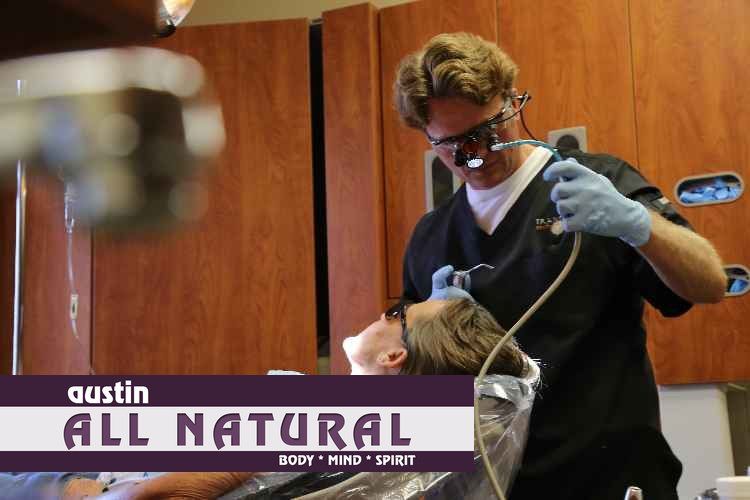Is It in Your Genes?
© 2018, Austin All Natural
Mercury Susceptibility
by Dr. Matthew Carpenter
It’s hard to stop doing things you want to do, even if there’s a chance it could hurt you. Look at drinking alcohol, or skydiving, or smoking cigarettes.
I had a mentor who would ask patients who smoked cigarettes if they’d stop smoking if they found out they had lung or throat cancer. Most would say, “Yes, of course,” not understanding the paradox of their answer. It isn’t the best preventive logic to participate in an activity known to cause cancer, if your goal is not to have cancer.
But, we humans are adventurous, hedonistic animals with lots needs to satisfy – physical, emotional, and spiritual – and somehow, we keep feeling surprised when we get the product of our choices.
One reason we take our chances, to use the example of smoking, is there are people who smoke and don’t get cancer. Anyone who wants to smoke would prefer to do so knowing they wouldn’t have health problems.
We’d all like to know more about what our chances are of acquiring certain illnesses based on our lifestyle. Such tests might be an early motivator for people with habits or toxin exposures known to elicit illness, neurodegenerative disease, even death.
The old guy with mercury fillings.
One of the biggest examples is mercury amalgam fillings.
By this time, almost everyone knows mercury is a poison because of exposure scares from broken thermometers, or reported links between mercury exposure and Parkinson’s Disease, Alzheimer’s Disease, rheumatoid arthritis, chronic fatigue syndrome, mitochondrial dysfunction, leukemia, leaky gut syndrome, autism, infertility, birth defects, anxiety, depression.
Still, we all know that old man or woman who’s had mercury fillings for fifty years without any health problems. Makes you wonder how bad mercury fillings really are, if they’ve had them and lived so long in good health.
These real-life scenarios created questions that challenged my belief that mercury fillings could cause or increase chances of illness.
Why was I the only one of my dental classmates having health problems related to mercury exposure?
If there’s a chance that mercury exposure is less harmful for you because of your body’s ability to excrete the poison, would you still be as concerned – or be as motivated to try to avoid mercury exposure in your life, like with seafood, or amalgam fillings?
Mystery solved.
A big part of this mysterious variation from person to person was solved by a genetic test, through DNA Connections in Colorado Springs, of my APO-E Genotype status.
In a nutshell, the APO-E Genotype test is a test for a biomarker related to the body’s elimination of heavy metals from your organ systems. It’s been suggested that neurological conditions like Alzheimer’s are related to heavy metal toxicity. People with harmful forms of the APO-E gene (genotype 3/4, 4/4) have up to twelve times greater risk of developing Alzheimers compared to those with other APO-E genotypes (2/2, 2/3, 3/3).
One role of APO-E is the removal of mercury from your biosystem – the most optimal genotype for mercury removal has more cysteine than arginine residues.
When I took the APO-E test, I learned why I had more health problems related to other dentists – I have a genetically more challenged ability to excrete mercury. Working in an industry saturated with poisonous heavy metals, coupled with a lack of proper education on mercury toxicity or safe protocols for its removal, contributed to my mercury toxicity.
The death sentence.
As Hal Huggins told me, getting informed of your genetic challenge is not the death sentence – ignoring the information is. Knowing my increased risk for Alzheimers or ALS has motivated me to alter my lifestyle in many ways I may not have considered without it.
If you or a loved one is in the dental field or considering a career in dentistry (or if you’re simply a dental patient) and want to know the possibility for neurological disease related to genetics, Transcend Dental Health can provide a simple swish test, with no needle stick or blood draw required.
There are many natural strategies you can take to limit chronic exposure and assist removing mercury from your system. Ask yourself if the best place to start is to consider removing it from your mouth.
Dr. Matthew Carpenter of Transcend Dental Health uses drill-free air abrasion, ozone therapy, natural alternatives to antibiotics, and non-surgical treatment of gum disease, and provides genotype testing for susceptibility to mercury toxicity. Call (512) 255-3618 for an appointment.
www.tdhtx.com
The post Is It in Your Genes? appeared first on Transcend Dental Health.





